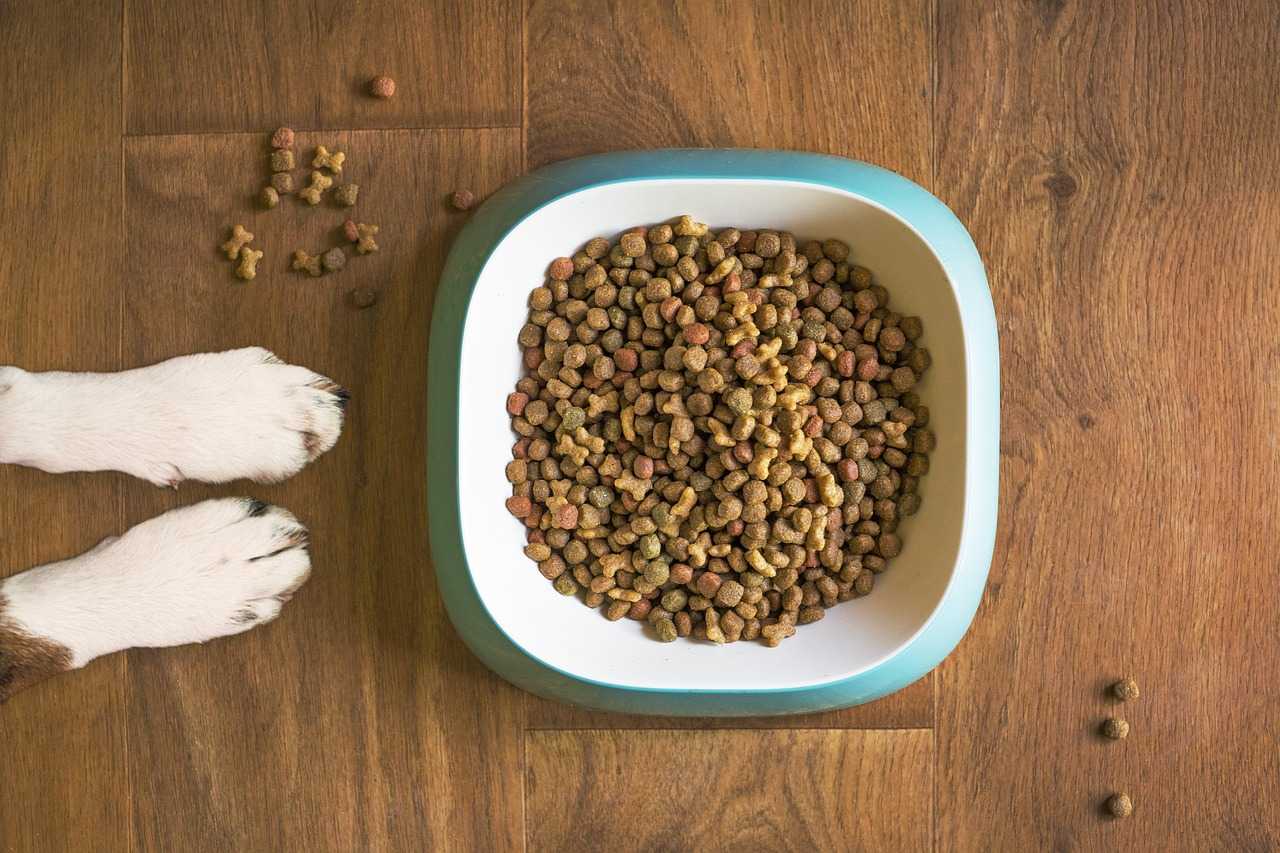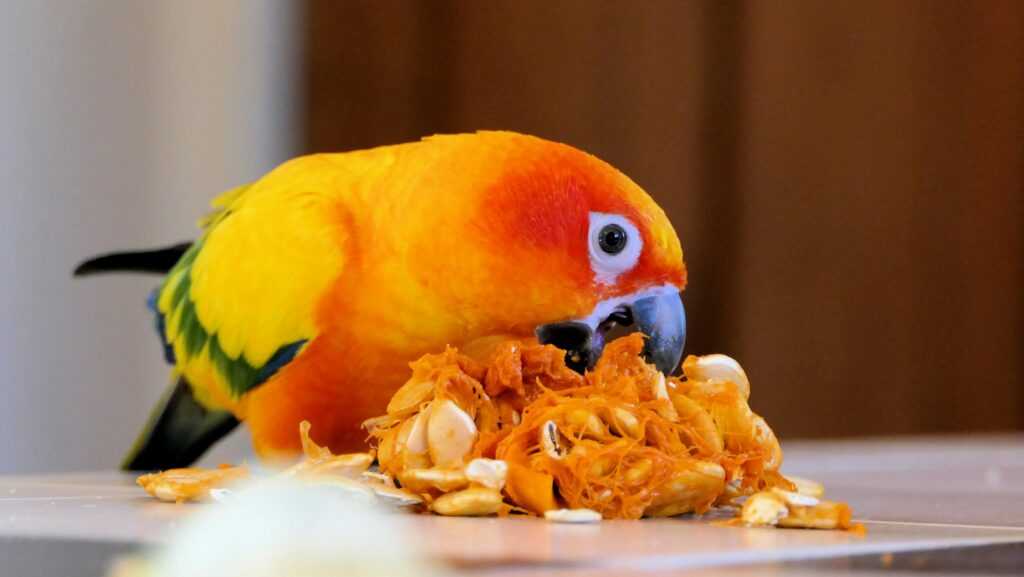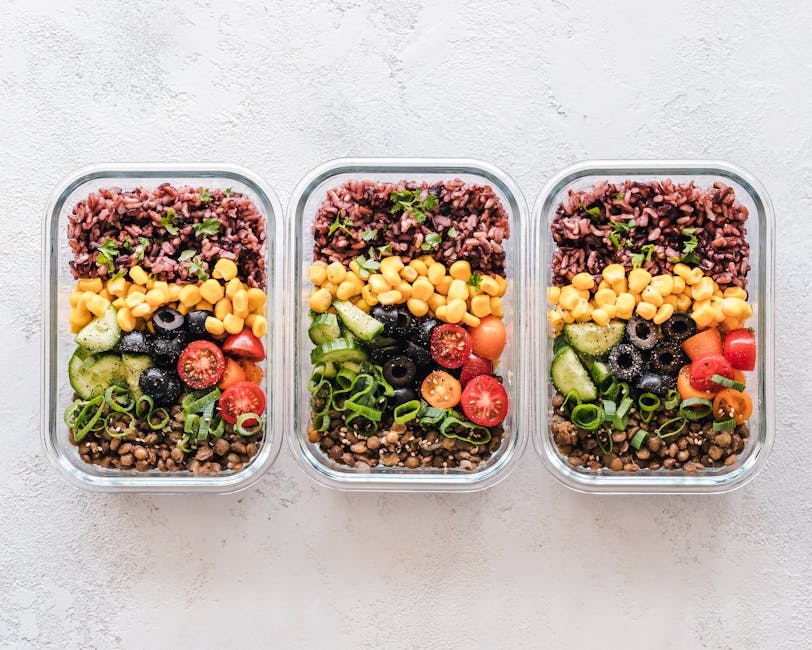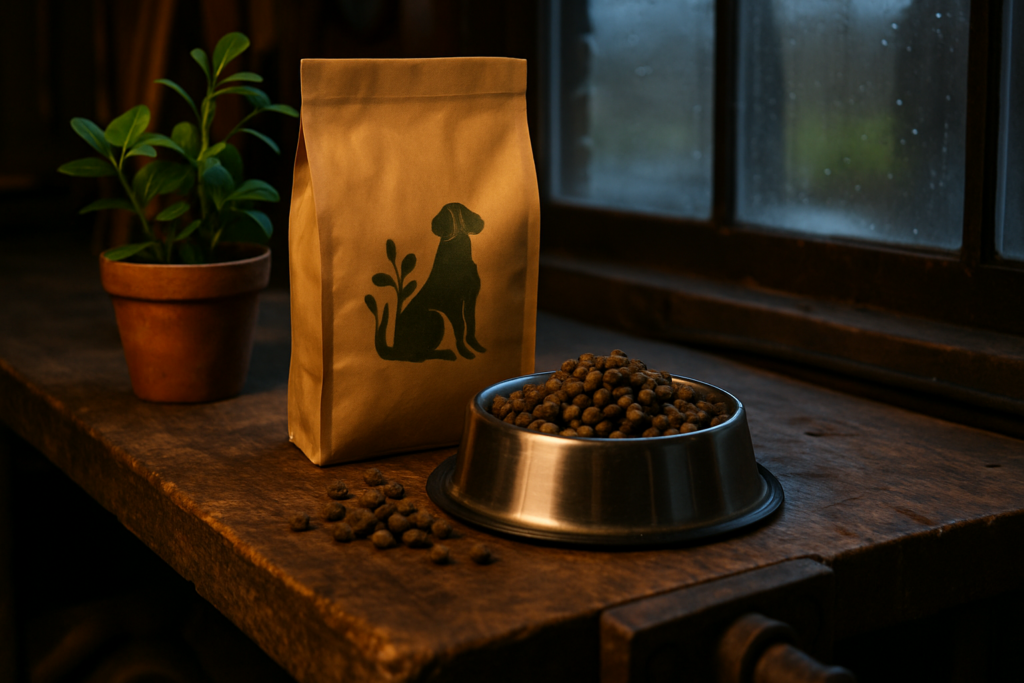Why Superfoods Matter for Pets
Not every food labeled “healthy” earns the superfood tag. In pet nutrition, a superfood is a whole, natural ingredient packed with nutrients that support multiple aspects of health think vitamins, minerals, antioxidants, fatty acids all in one bite. These foods don’t just fill the bowl. They actively work to support your pet’s immunity, digestion, energy, and long term vitality.
Natural sources always beat synthetic ones when it comes to absorption. Your pet’s body recognizes real nutrients from salmon or blueberries more easily than lab made isolates. The benefit? Better nutrient uptake and less waste. That’s why whole food superfoods are a smarter base than relying too heavily on supplements alone.
When used right, these ingredients can help fend off some of the most common pet health issues. Anti inflammatory compounds ease joint pain. Fiber rich options promote better digestion. And energy boosters like chia seeds can help older or less active pets keep moving. Think of superfoods as small changes with compounding results. They’re not hype they’re functional fuel.
Top Superfoods Your Pet Will Actually Benefit From
Blueberries These little berries punch way above their weight. Loaded with antioxidants, they help fight cell damage and support cognitive function, especially in older pets. A few mixed into meals or served frozen as a treat can go a long way.
Pumpkin Not just a fall fad. Pumpkin is high in fiber and perfect for digestion. It helps regulate your pet’s stool so whether you’re dealing with diarrhea or constipation, a spoonful of plain canned pumpkin (no spices) can help reset the system.
Salmon (cooked) Omega 3s are key for skin, coat, and joint health, and salmon delivers. Cooked, deboned, and served in small portions, it’s a clean protein source that supports mobility and that signature shine in your pet’s coat.
Chia Seeds Tiny but mighty. These seeds are full of fiber and plant based protein. They’re great for boosting your pet’s energy and metabolism. Just soak them first they absorb liquid and expand, making them easier to digest.
Spirulina This blue green algae is a quiet superstar. It’s dense with nutrients like B vitamins, iron, and immune supporting compounds. A little goes a long way, so stick to pet safe dosages by sprinkling a small amount on food.
(Need a deeper dive? Check out our full guide on superfoods for pets)
How to Add These Into Your Pet’s Diet Safely

Just because something’s good for you doesn’t mean it’s good for your dog or cat in the same form or amount. A tablespoon of chia for a human smoothie is way too much for a shih tzu. And while salmon is packed with omega 3s, the way you cook it matters. Hold the oils, spices, and sauces. Keep it plain and portioned.
Start small. A teaspoon of pureed pumpkin stirred into kibble. A few blueberries flattened slightly (to avoid choking) dropped on top of a meal. Treat superfoods like, well, treats not staples. They should enhance your pet’s regular diet, not take it over.
Avoid common traps: don’t mix too many new ingredients at once. Watch for stomach upset. And skip raw meat or fish unless your vet is on board it carries real risk. Processed seasonings, onions, garlic, and even excess salt can undo all the benefits you were aiming for.
Stick to one change at a time. Monitor how your pet reacts. Then adjust. Simplicity wins when it comes to nutrition.
When to Talk to Your Vet
If your pet’s coat is dull, they’re itching more than usual, or their energy just seems off, it might be time to look beyond commercial kibble. Superfoods can offer real benefits but they’re not a cure all. The key is knowing when to introduce them and how to do it safely.
Pets with allergies, skin issues, joint pain, or weak digestion are often the first to show improvement from small, targeted diet changes. But before dropping pumpkin or spirulina into their bowl, have a conversation with your vet. Especially if your pet’s on meds or managing a condition, you need that professional greenlight.
More vets are warming up to nutritional approaches that go beyond bags and cans particularly whole food supplementation. Still, moderation matters. Superfoods should complement, not replace, your pet’s balanced diet. Think of them as nutritional sidekicks, not main characters. And as always, pay attention to how your pet responds.
An educated, vet informed approach keeps your pet safe while giving them the health boost you’re aiming for.
Real Impact, Not Hype
Pet wellness isn’t about chasing trends it’s about consistent, thoughtful care. Over time, small nutritional upgrades can build toward visible changes: a healthier coat, stronger immune system, and more energy in the day to day. Longevity comes from the inside out.
Balanced diets, not dietary gimmicks, are what truly support long term health. Superfoods like blueberries, salmon, or pumpkin aren’t magic bullets but they work when they’re part of a consistent, well rounded feeding routine. Think less about Instagram worthy meals and more about what actually fuels your pet’s metabolism.
Even minor tweaks like swapping out filler heavy treats for nutrient dense ones, or adding a spoonful of fiber rich pumpkin can give your pet’s body the tools it needs to thrive.
For even more insight on ingredients that truly support your pet’s well being, check out this expert backed post on superfoods for pets.




